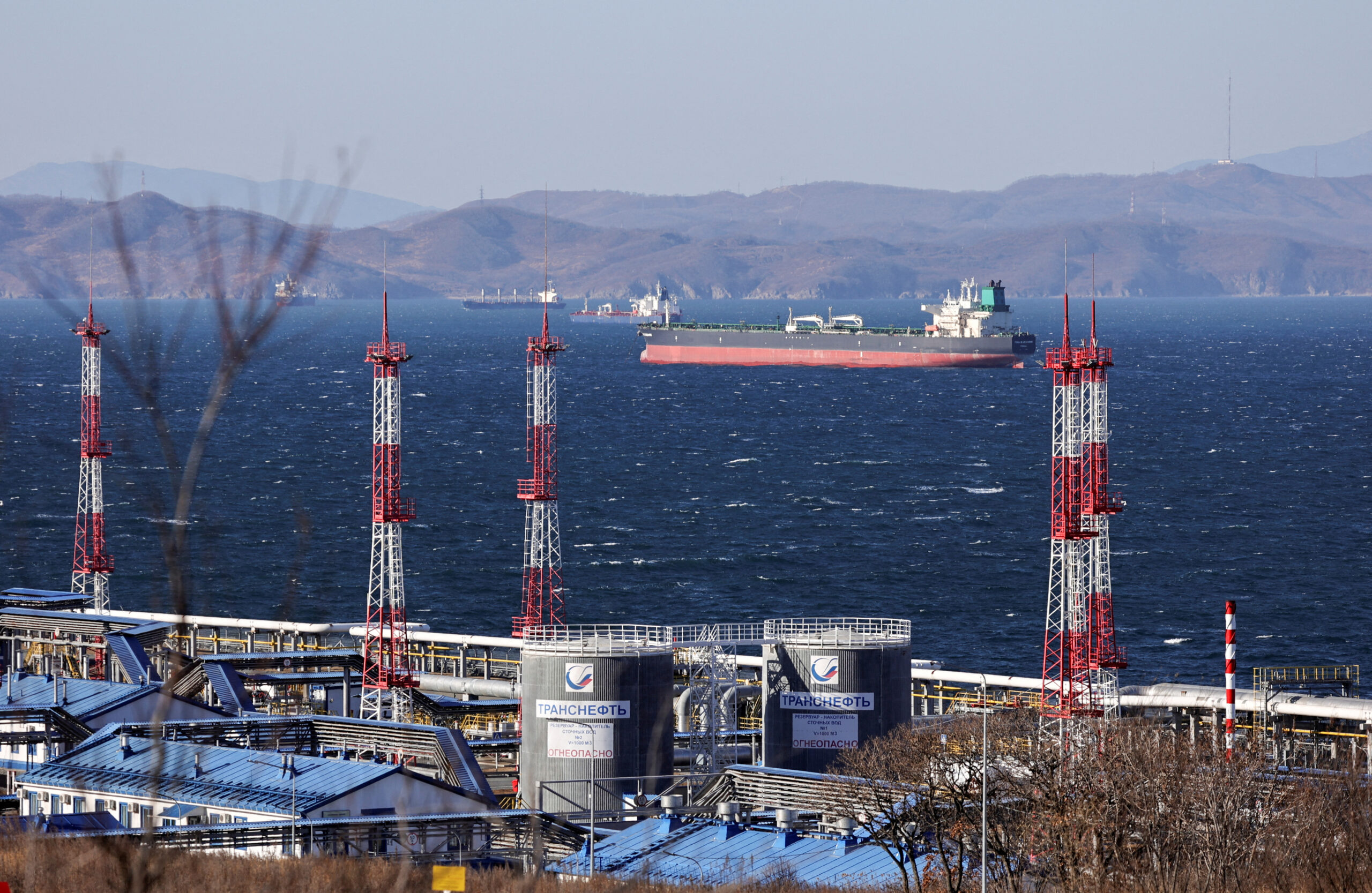The Federal Maritime Commission (FMC) has announced an informal public hearing focussing the impact of conditions in the Red Sea and Gulf of Aden regions on commercial shipping and global supply chains.
Federal Maritime Commission (FMC) is an independent federal agency responsible for regulating the U.S. international ocean transportation system. It oversees commercial shipping, ensuring fair competition and integrity within the market.
The hearing comes in response to disruptions caused by attacks on commercial shipping by the Iranian-backed Houthi group in Yemen. The attacks have forced most major ocean carriers to reroute ships around the Cape of Good Hope, lengthening voyages and pushing freight rates higher.
With the U.S. and UK launching military strikes on Yemen, there are mountings concerns that the situation could result in prolonged disruption to global trade through one of the world’s busiest trade routes.
The FMC’s hearing will provide a platform for supply chain stakeholders to share their experiences and strategies. It will also allow the Commission to gather information on new and related issues subject to FMC statutes, such as implementing contingency fees and surcharges.
Carriers have been implementing rate increases and fees to recover costs associated with the longer voyages and higher insurance and security expenses.
The FMC recognizes the financial strain the threats pose on the maritime transportation industry, but it reiterates that the charges must meet strict legal requirements under the Shipping Act, U.S. competition laws, and all other applicable laws.
A spokesperson for the FMC tells gCaptain that its staff is actively monitoring rates, charges, and rules implemented by common carriers in response to the disruption.
According to FMC regulations, common carriers must provide a 30-day notice between the announcement and effective date of a tariff change that increases shippers’ costs. However, carriers can submit a Special Permission request to reduce this waiting period if they can provide a good reason.
The FMC emphasized that ocean common carriers, must ensure timely and accurate filing of service contracts and their amendments, and adhere to the Shipping Act’s prohibitions against unjustly discriminatory practices, unjustly discriminatory practices, unreasonable prejudices, and unreasonable refusals to deal.
The public hearing is set to take place on February 7, 2024.

 Join The Club
Join The Club










